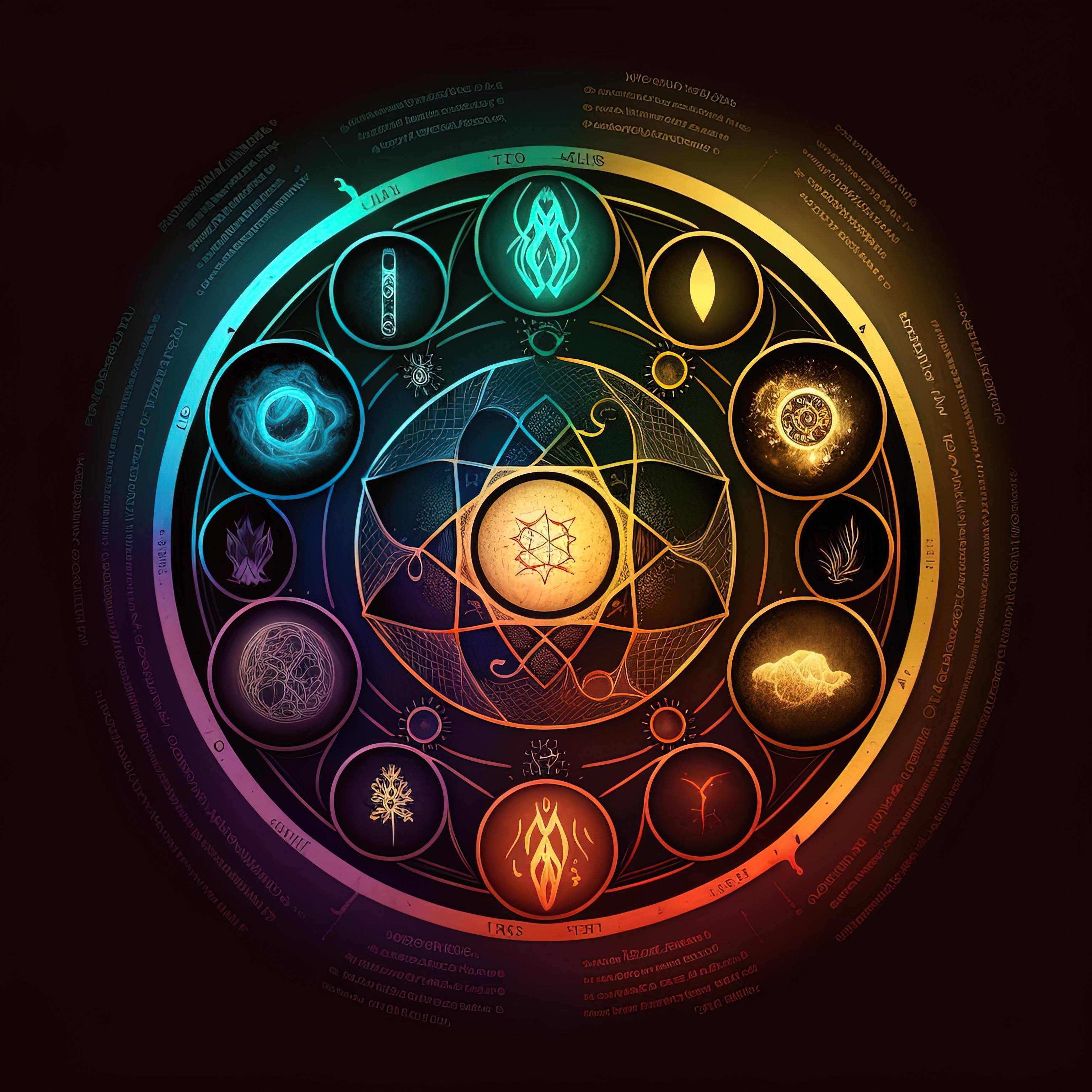Mahatma

Mahatma
Great Soul – a title of spiritual nobility and inner mastery
Definition:
Mahatma (from Sanskrit: mahā = great, ātman = soul) means "great soul" or "high soul", and is traditionally used to honor individuals of profound spiritual realization, compassion, and inner purity. It is not merely a name, but a title or recognition of spiritual stature, often granted informally by others due to the individual’s deep wisdom, humility, and service to humanity.
🜁 Cultural and Spiritual Significance
-
In Hinduism, Buddhism, and Jainism, a Mahatma is a person who has transcended ego and lives in alignment with universal dharma (righteousness or divine order).
-
The term became globally known through Mahatma Gandhi, whose spiritual leadership, simplicity, and commitment to nonviolence made him a living example of the title.
-
In Theosophy and some New Age traditions, Mahatmas are seen as ascended masters or spiritually advanced beings who guide humanity from higher planes.
🜂 Qualities of a Mahatma
| Attribute | Description |
|---|---|
| Compassion | Embodies unconditional love for all beings |
| Wisdom | Deep spiritual insight, often beyond formal education |
| Humility | Does not seek recognition or control |
| Service | Devotes life to the upliftment of others |
| Inner Peace | Rooted in stillness, often unaffected by outer chaos |
🜃 Symbolism and Interpretation
-
Soul over ego – a Mahatma acts from atman (divine self), not personality
-
Living bridge – seen as a channel of divine energy, wisdom, or grace
-
In esoteric teachings, Mahatmas are guardians of sacred knowledge and serve as invisible helpers behind global spiritual evolution
🜄 Related Concepts
-
Bodhisattva (Buddhism) – one who delays personal liberation to help others awaken
-
Satguru – a fully realized spiritual master
-
Ascended Master – a being who has transcended physical incarnation but continues to guide humanity
-
Jivanmukta – a liberated soul living in a human body
Related Terms:
Great Soul, Atman, Enlightenment, Ascended Master, Nonviolence, Divine Service, Inner Realization, Gandhi, Karma Yoga, Spiritual Leadership, Selflessness





